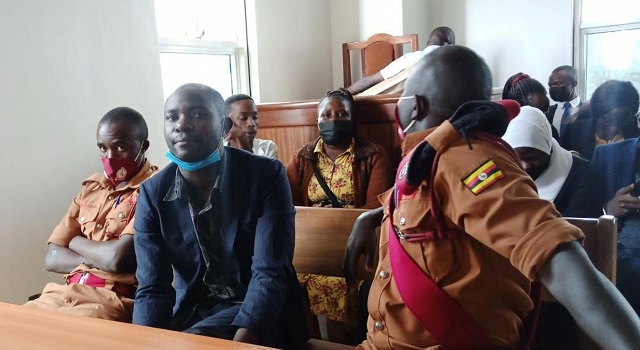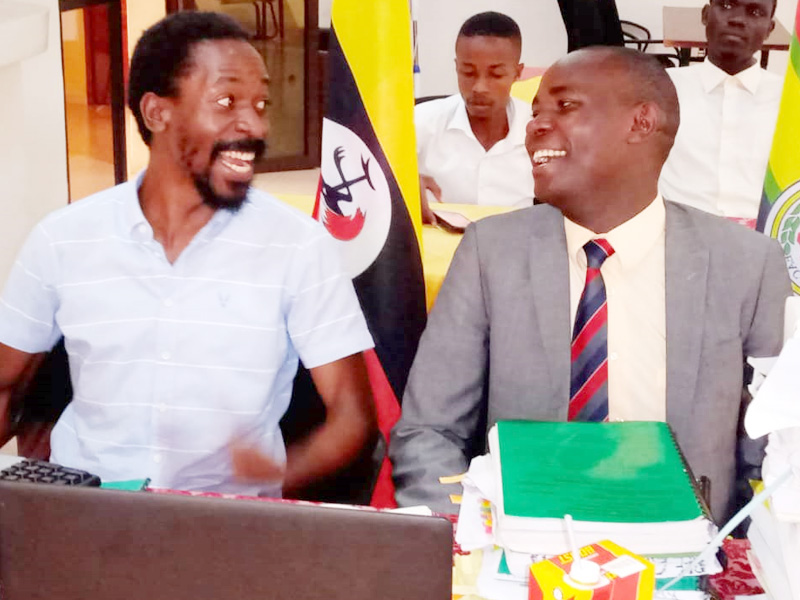The East African Court of Justice sitting at Arusha in Tanzania has dismissed an application lodged by lawyer Male Mabirizi Hassan Kiwanuka seeking an interim order halting the 2021 elections.
Mabirizi ran to the East African court challenging the 2018 Constitutional Amendment Act that scrapped the upper and lower cap on the presidential age, effectively handing a carte blanche to President Yoweri Museveni to rule Uganda forever.
Mabirizi together with other Ugandans challenged up to the Ugandan Supreme court the constitutionality of the amendment but lost on both occasions. His co-applicants gave up the appeal when the Supreme court ruled in a 4:3 majority to dismiss the application.
Not known for giving up, Mabirizi ran to court to have it quash the law. However, by the time the application is heard and disposed of it was obvious to him that the 2021 elections would be over and hence rendering whatever judgment that the court would have arrived it meaningless.
Therefore, Mabirizi sought an interim order stopping the elections, which is now for certain that Museveni is going to contest; until the court pronounces its self on the matter.
Delivering their judgment yesterday Thursday, a panel of five judges unanimously declined to allow Mabirizi’s application. The panel had justices, Monica Mugenyi, Faustin Ntezilayo, Audace Ngiye, Charles Nyawello, and Charles Nyachao.
The judges ruled that based on the material on record, the implementation of the impugned act and the preparation for the 2021 general election is well underway.
“Consequently, mindful as we are of the legitimate concern that the applicant may have as regards the financial costs incidental to the implementation of an impugned law, we would nonetheless exercise our discretion to decline to grant the interim orders sought given their far-reaching repercussions to the constitutional order of the respondent state,” the judgment reads in part.
They added that the effect to the electoral process of granting the interim orders sought cannot be ignored because this would mean to halt all preparations for and processes designed to lead the general election scheduled for 2021.
The judgment goes on to say that, this would also include putting a stop to processes intended to align all electoral laws and regulations to the impugned Uganda constitution amendment act 2018.
“It is clear that the electoral timetable is quite constrained and to halt any part of it for any length of time would certainly throw the electoral cycle into disarray with obvious political, social and economic not to mention constitutional ramifications,” the judgment reads.
It however also adds in the same paragraph that should the court decline to grant the orders sought and Mabirizi subsequently succeeds in his case against term limits, huge levels of public resources would have been effectively spent in vain, causing Ugandan taxpayers significant monetary loss.
To address this, the court ordered for quick fixing of the original application so that it’s heard and determined before it’s overtaken by events.
“We take the view that the judicious and expeditious determination of the substantive reference would redress the applicant’s concerns about the legality of the impugned law viz a viz the treaty…We direct that the reference be fixed for hearing at the earliest opportunity,” the judgment reads in part.
The court declined to award any costs saying they will be configured after the main application is determined.u.r.n
![]()



























